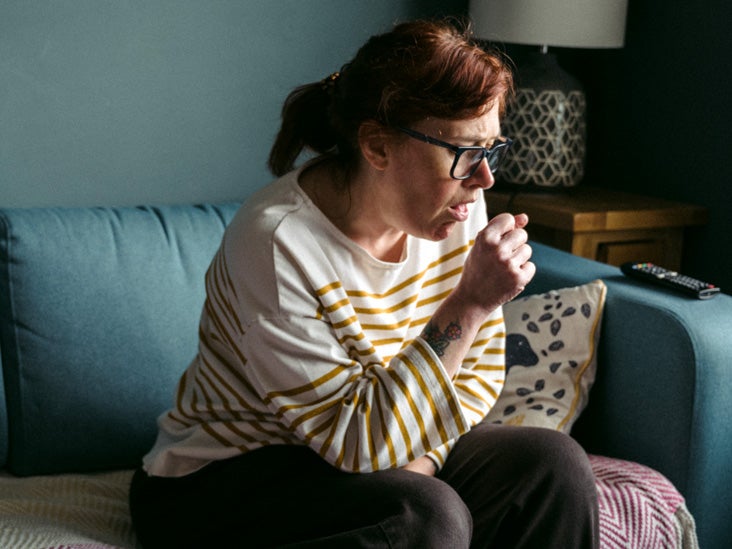In addition many states require that Medicaid and public employee health plans cover screening mammography. Preventive Services Task Force.
 How Long Does A Mammogram Take Procedure And Results
How Long Does A Mammogram Take Procedure And Results
If you want to change the appointment you have been given contact the name and address on your invitation letter.

How often are mammograms needed. They now recommend that women at average risk of breast cancer start mammography at 45 that they undergo annual mammograms from 45 54 and continue to. The results are probably nothing to worry about but you should have your next mammogram sooner than normal usually in 6 months to make sure nothing changes over time. Starting at 40 get a mammogram every year.
Youll first be invited for screening between the ages of 50 and 53. At Mayo Clinic doctors offer mammograms to women beginning at age 40 and continuing annually. After your breasts have been X-rayed the mammogram will be checked for any abnormalities.
Mammography screening is freely available to women aged 50 to 74 every two years under the BreastScreen Australia program. At 40 to 49 get a mammogram every year or every two years. Early detection is critical says Dr.
Screening mammograms are one of the best ways to diagnose breast cancer early when its most treatable. Finding breast cancer early reduces your risk of dying from the disease by 25-30 or more. A large study confirmed the benefits of regular mammograms.
The area is probably nothing to worry about but you should have your next mammogram sooner than normal usually in about 6 months to watch it closely and make sure its not changing over time. The American College of Radiology recommends annual screening mammograms for all women over 40 regardless of symptoms or family history. Mayo Clinic recommends women and their doctors discuss the benefits risks and limitations of mammograms and.
The USPSTF recommends women get mammograms every two years once they turn 50. When to begin mammogram screening and how often to repeat it is a personal decision based on your preferences. For older women the USPSTF said there isnt enough evidence of the potential risks and benefits of mammography on which to base a recommendation.
American College of Radiology. Then there was the economic side of mammograms. After screening about 1 in 25 women will be called back for further assessment.
A mammogram is an x-ray of the breast. This study also emphasized that there is no upper age limit for mammograms. Preventive Services Task Force USPSTF guidelines recommend a mammogram every two years for women ages 50 to 75 with an average risk of developing breast cancer.
It could be cancer and a biopsy is needed to tell for sure. While screening mammograms are routinely administered to detect breast cancer in women who have no apparent symptoms diagnostic mammograms are used after suspicious results on a screening mammogram or after some signs of breast cancer alert the physician to check the tissue. If every woman over the age of 35 or 40 or 50 it kept changing were to get a mammogram every year or.
Of the women diagnosed with breast cancer those who had regular mammograms. Insurance plans governed by the federal Affordable Care Act must cover screening mammography as a preventive benefit every 12 years for women age 40 and over without requiring copayments coinsurance or deductibles. Women in England who are aged from 50 to their 71st birthday and registered with a GP are automatically invited for screening every 3 years.
Answer From Sandhya Pruthi MD. The USPSTF is a panel of independent experts that advises Congress and should its guidelines be adopted insurers. Important things to know about mammograms They can save your life.
The changed area could be cancer so you will need a biopsy to know for sure. American College of Gynecology and Obstetrics. Who should have a mammogram.
Women should begin having mammograms yearly at age 40 or earlier if theyre at high risk. A screening mammogram is recommended for all women aged 50 to 74 provided they have been informed about the risks see below as well as the benefits of screening. More than 12000 women age 80 or older participated in this study.
At 50 get a mammogram every two years ending at 75. Being called back does not mean you definitely have cancer. The results of the mammogram will be sent to you and your GP no later than 2 weeks after your appointment.
At 50 and older a mammogram every year.
